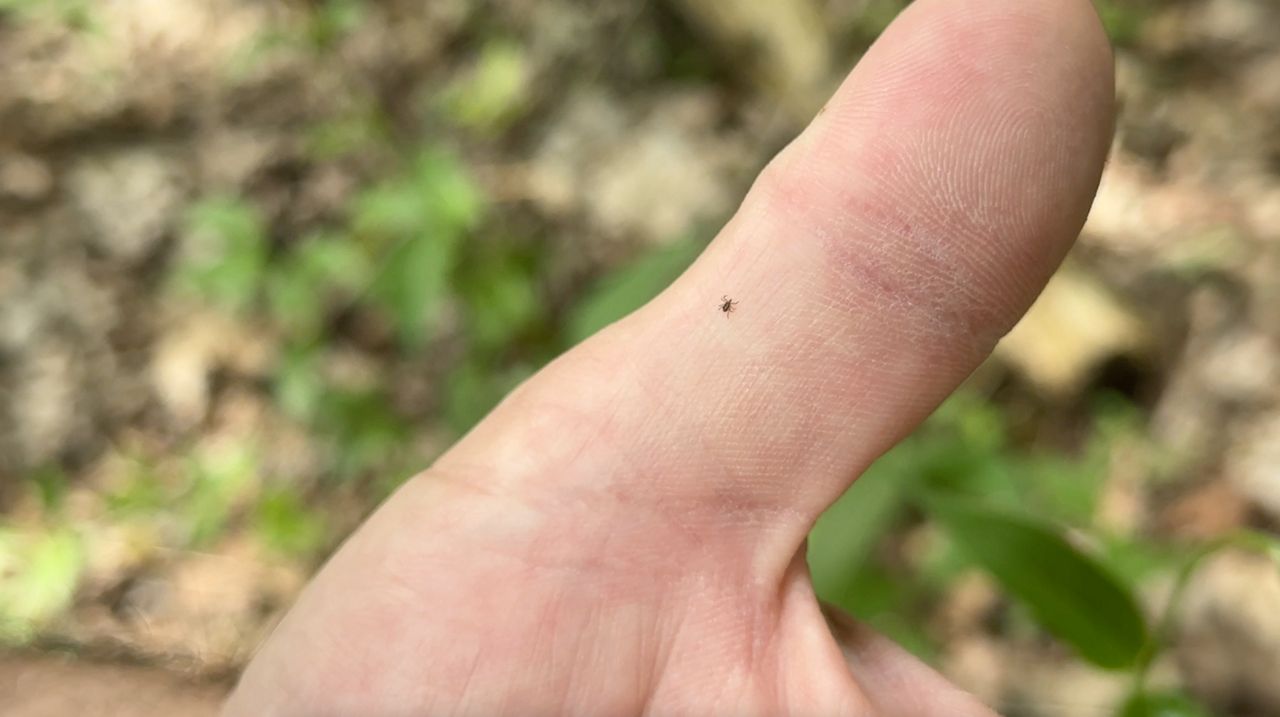OHIO — October has arrived and creepy crawlies are not just Halloween decorations for Ohioans — they're also conductors of disease.
The Ohio Department of Health provided an update on vectorborne diseases, spread by fleas, ticks and mosquitos. The department monitors West Nile Virus, La Crosse and other travel associated diseases from mosquitos. ODH tracks Lyme disease, anaplasmosis, babeiosis, Rocky Mountain spotted fever (RMSF) and Ehrlichiosis.
The department updates its case count here each week.
In its latest update, the department reported eight West Nile Virus cases in Lorain, Cuyahoga, Ashtabula, Lucas, Henry, Hancock, Wyandot and Franklin counties. The cases belong to three females and five males. ODH also reported three asymptomatic, viremic blood donors, one avian case and three equine cases.
There were also three La Crosse cases reported in Wayne, Richland and Franklin counties belonging to two males and one female.
ODH also reported 800 human cases of Lyme disease belonging to 367 females and 433 males. The cases were reported from 66 counties with Jefferson County reporting the most at 63 cases. Licking County followed with 55; Tuscarawas, 49; Columbiana, 48; and Stark, 40.
Anaplamosis rose to 12 cases and babesiosis cases rose to two. RMSF cases grew to 14 and Ehrlichiosis cases remained at 16.
According the Centers for Disease Control and Prevention, common symptoms of tick bites to monirot include ffever, rash, chills, aches and pains. In order to prevent the contraction of tick-related diseases, limit the exposure to areas where th einsects are known to reside. EPA-registered insect repellent containing DEET or products containing 0.5% permethrin will also help prevent bites.
For more information on preventing tick bites, click here.



